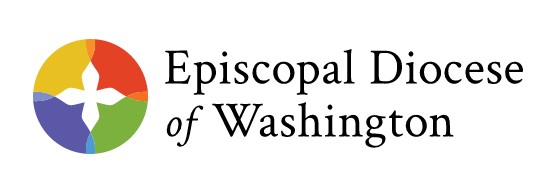
The Episcopal Diocese of Washington (EDOW) oversees 87 congregations with over 38,000 members. These congregations are located in Maryland and the District of Columbia. One of the services they provide to congregations is an annual directory of congregations and their staff. Preparing this directory was a very time-consuming process requiring numerous communications across the diocese to collect the information.
Challenge 1 – Efficiencies
The annual process of creating the diocese directory was very labor intensive for staff at both the diocesan office and at each congregation. The process involved numerous phone calls to request the needed information. Once the requested information was sent to the diocesan office it had to be manually entered before being formatted. There was also a need to publish the directory online which required additional work. The primary goal of the project was to significantly reduce the amount of time it took to produce the directory.
Challenge 2 – Facilitation of Work
In addition to making the directory process more efficient for diocesan staff, a goal was to develop an easier way for congregations to get their information to the diocese.
Challenge 3 – A Growth-oriented CRM
A third goal of the project was to integrate other database and communication needs into a unified CRM solution. This included the ability to track diocesan level donations and contacts.
The Databank Solution
thedatabank began the project by researching all of the current processes for gathering and collating data for the annual directory. Once that was complete, a schematic of the new Databank facilitated process was developed. After sign off from EDOW staff, custom development began. Once the initial product was developed it went through a process of testing by users at both the congregation and diocesan levels. Work efficiencies and facilitation happened at several levels.
- Congregation staff used a new secure portal to input directory information directly into the Databank. This made their job much easier.
- Diocesan staff were then able to easily review data input by each congregation and identify missing data. They were then able to communicate directly through the Databank’s PowerMail email program to request any data that was missing. This also eliminated the need for Diocesan staff to manually enter data.
- Once all of the data had been compiled, the Databank solution outputted the information in a defined format that was ready for publication, saving additional time and effort.
- Diocesan level contacts and donor information was also imported into the Databank. This increased access to and the reliability of this information.
The Result
Since implementing their Databank solution in 2013, EDOW has seen a significant reduction in the amount of staff time needed to compile and publish the annual directory, while collecting more accurate, up to date data. Directory publication has been simplified, and stakeholders have better access to the important information it contains. The reduction in staff time alone more than pays for their Databank subscription.
Back to main Success Stories page
